Breaking the Silence
Sudanese Women Confront Rape and Violence in Conflict
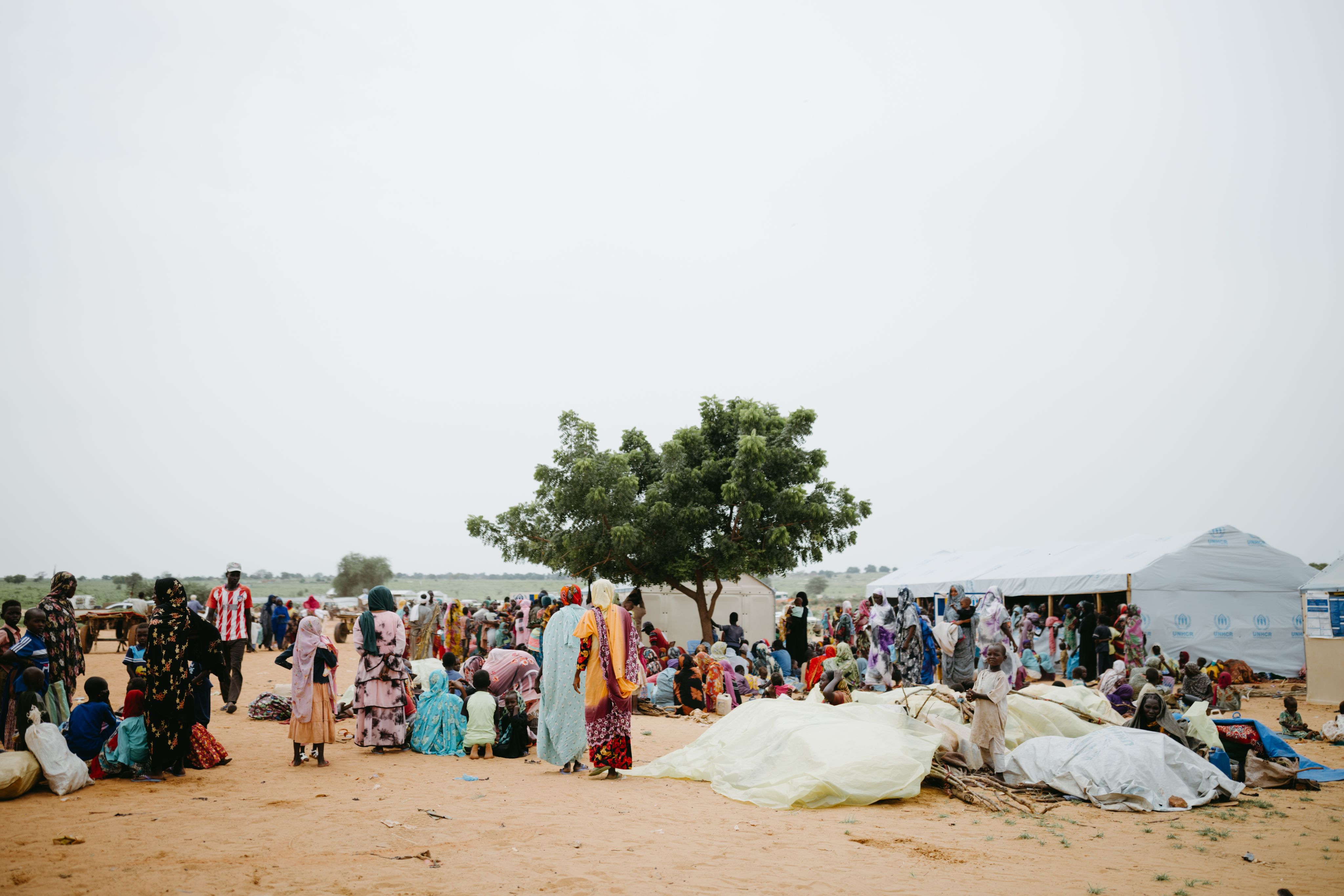
A Forgotten Crisis
A forgotten crisis is unfolding in the dusty borderlands of Chad, where the arid landscape stretches for miles. Every week, thousands of women, having survived the brutal ravages of conflict in Sudan, cross into the neighboring countries, driven not only by the horrors of conflict but also by the sexual violence that has become a weapon of conflict.
Sudan's ongoing conflict, ignited by power struggles and ethnic tensions, has devolved into a nightmare for many civilians, particularly women. Women and girls are subjected to sexual violence at alarming rates. Perpetrators use rape strategically to terrorize, humiliate, and displace entire communities. They leave survivors of these attacks with physical and psychological scars, often forcing them to seek refuge in the uncertain safety of refugee camps across the border.
For many women fleeing Sudan, the decision to leave everything behind is not merely a matter of survival; it is a desperate bid to escape a cycle of violence that has only worsened as the conflict escalates.
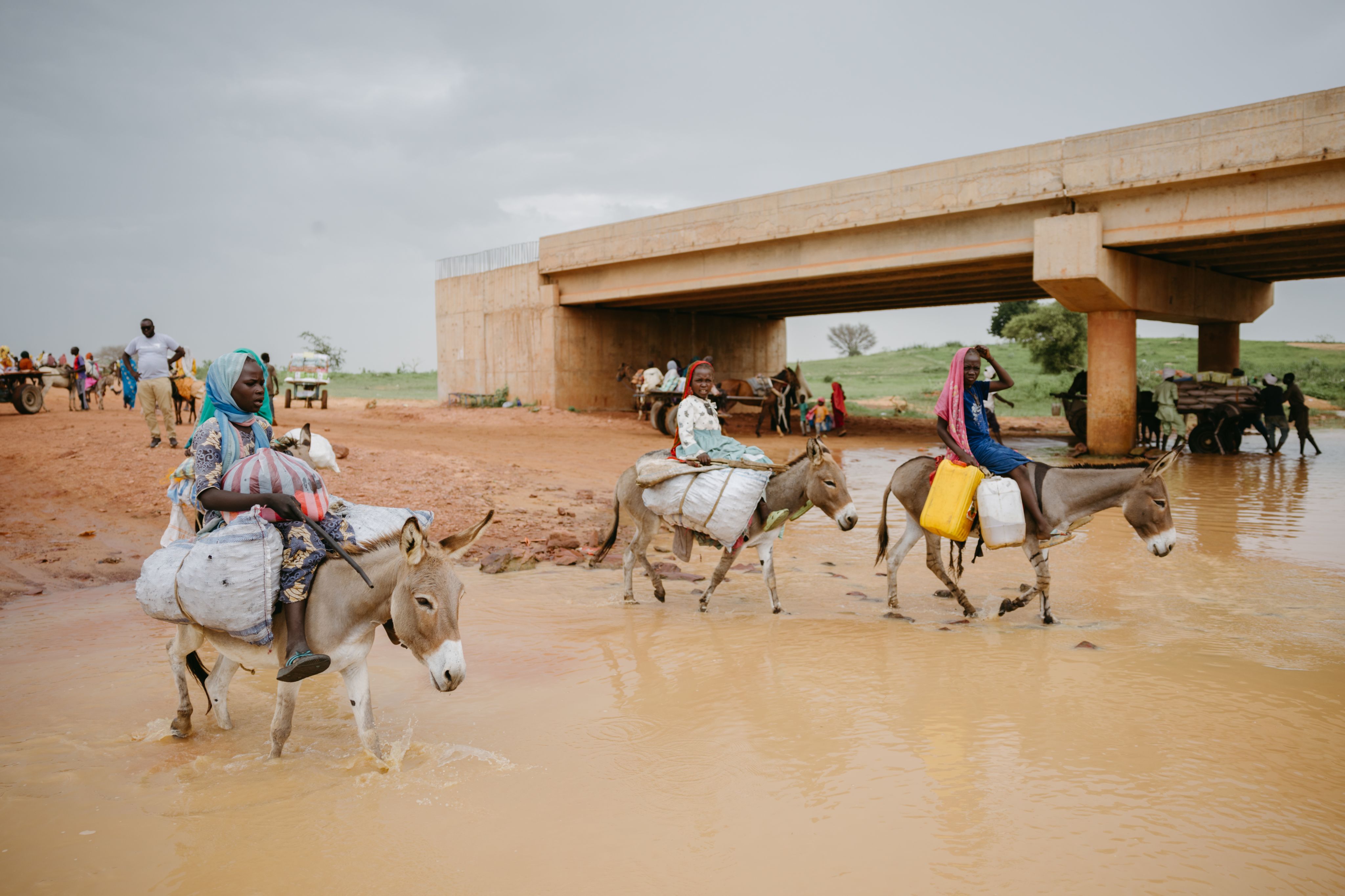
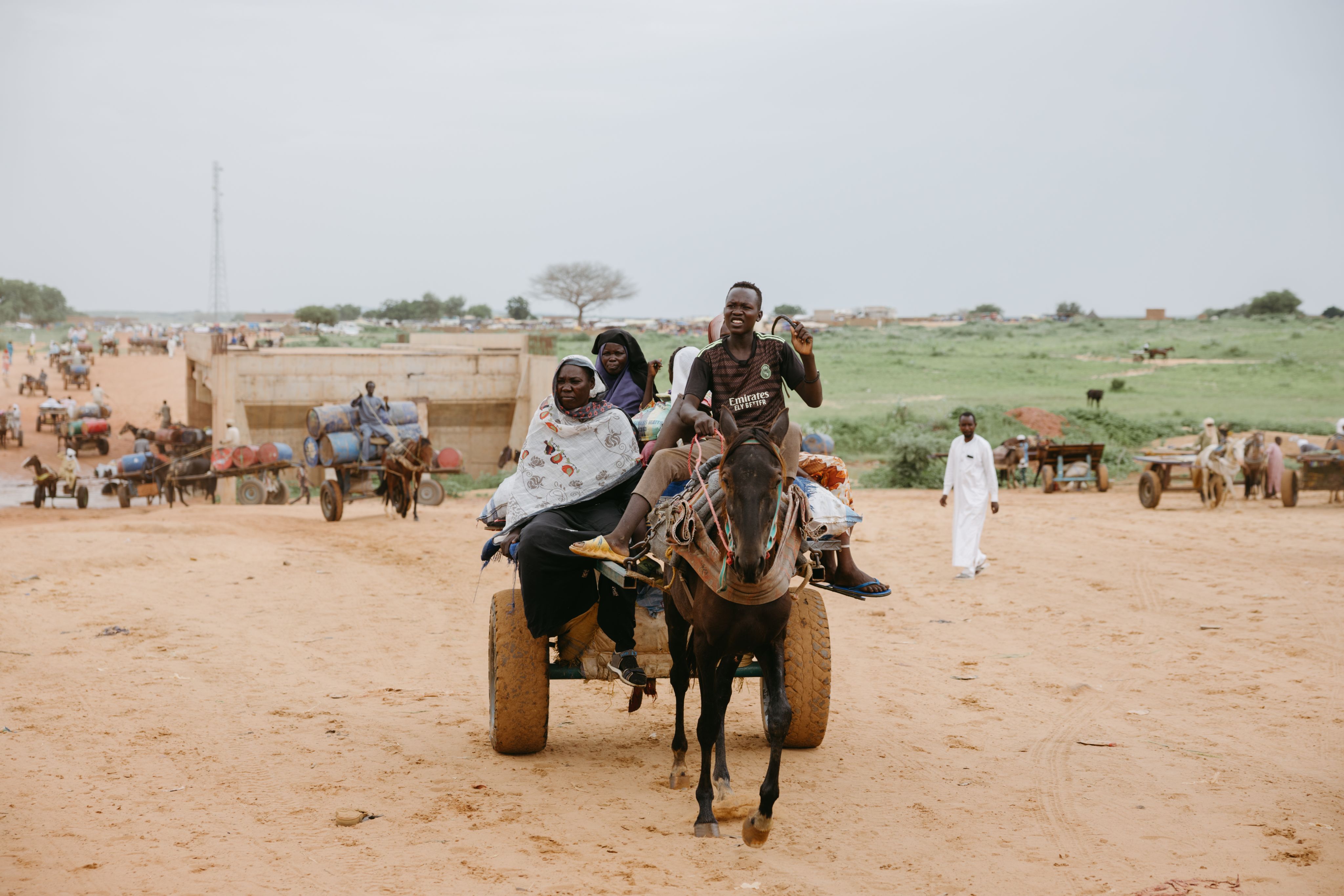
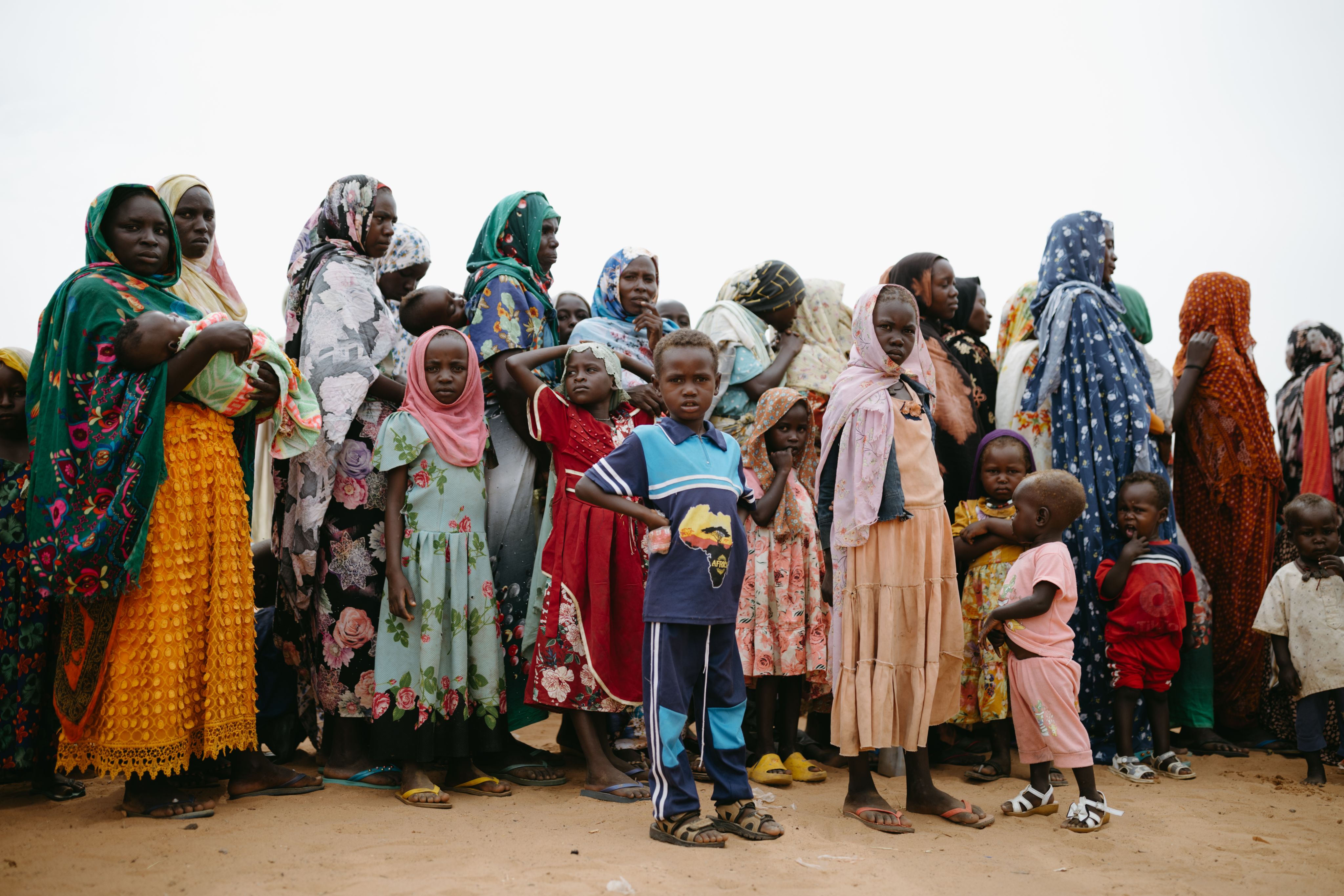
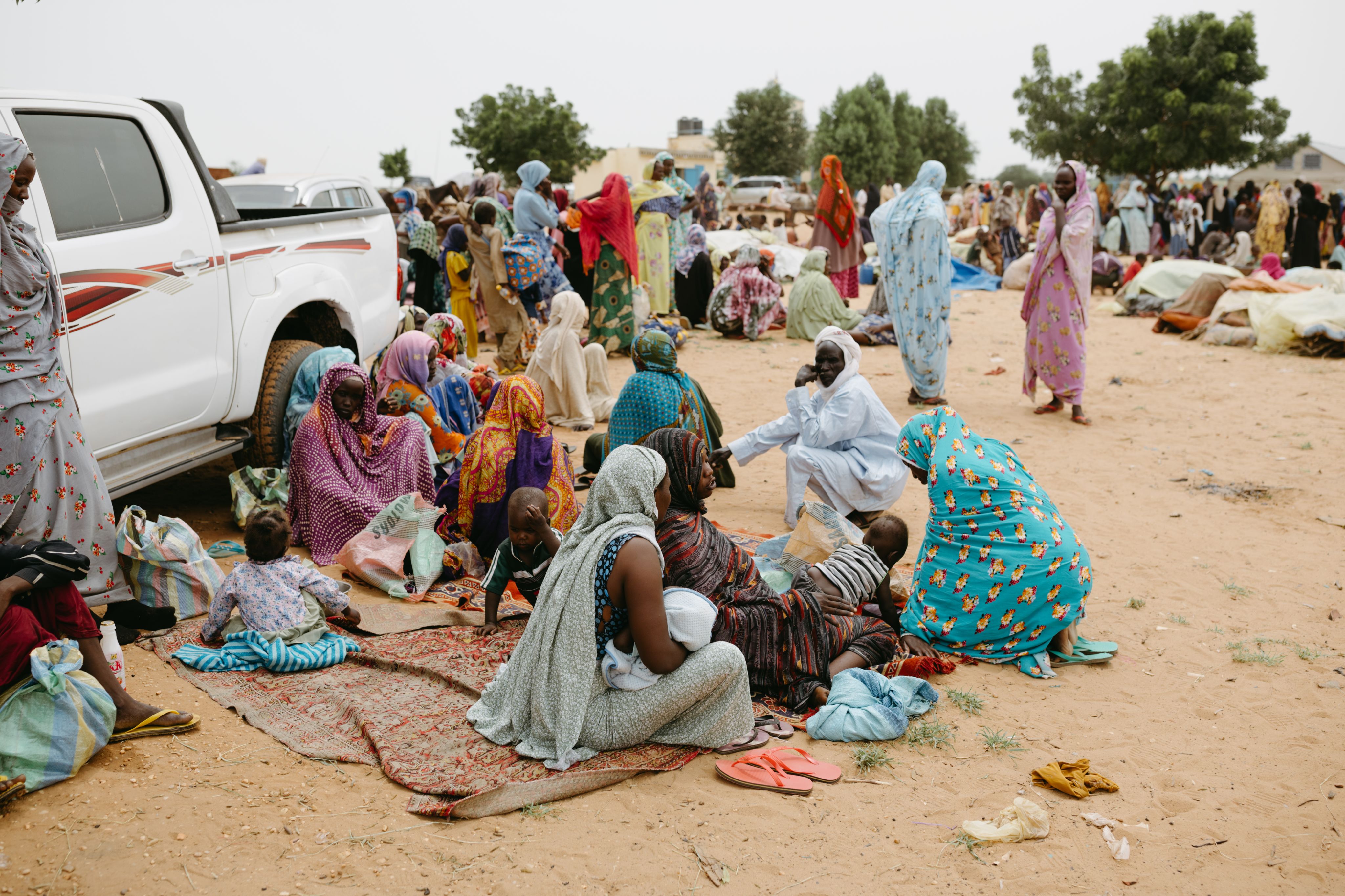
In Adré, Chad, Samira*, a 45-year-old Sudanese woman is now living in a refugee settlement. Her makeshift home is small, just big enough for a bed made of sticks and pieces of clothing.
"I was severely beaten," Samira recalls as she sits down and remembers the night soldiers stormed her home in Al Fasher [Sudan]. "They attacked us because I was a businesswoman. I imported cars from Benin, and my house was the first one targeted." Samira’s story is tragically familiar. She explained that armed groups often single out women who have economic independence or belong to specific ethnic groups in regions like Darfur and North Kordofan.
Samira, who had lived a relatively comfortable life before the conflict, suddenly found herself caught in the crossfire that saw her home ransacked, her family displaced and her safety shattered. " I was severely tortured," she said. "I have eight sons and one daughter. I hid them in a neighbor's house. They are from a different tribe."
After enduring torture, she was evacuated by neighbors to Nyala, a city in South-West Sudan, for medical treatment, only to find that the situation there was just as dire.
Eventually, she made her way to Chad, where she now resides in a refugee camp, but the trauma of the violence she experienced continues to haunt her.
*Names changed to protect the identity of the survivors.
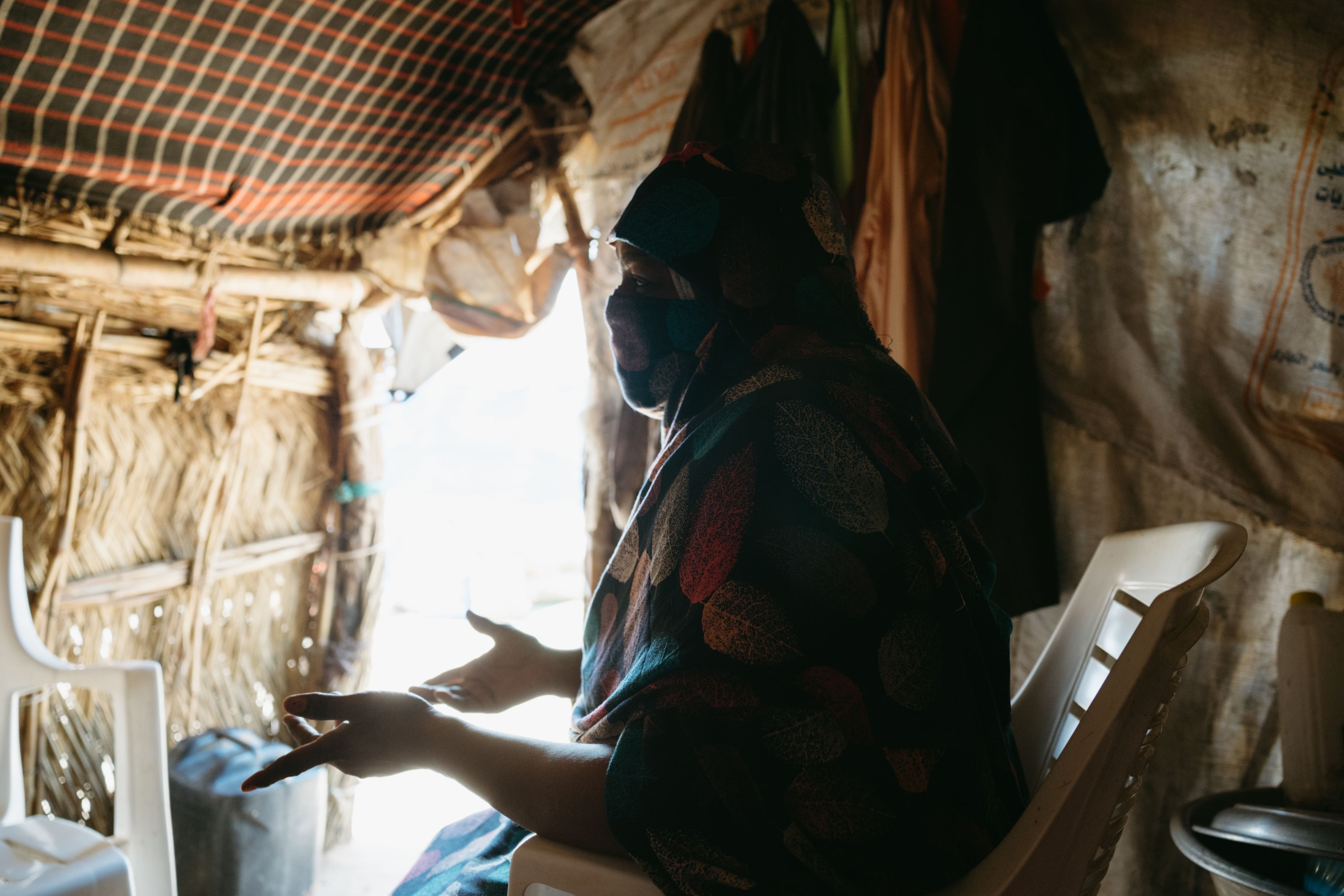
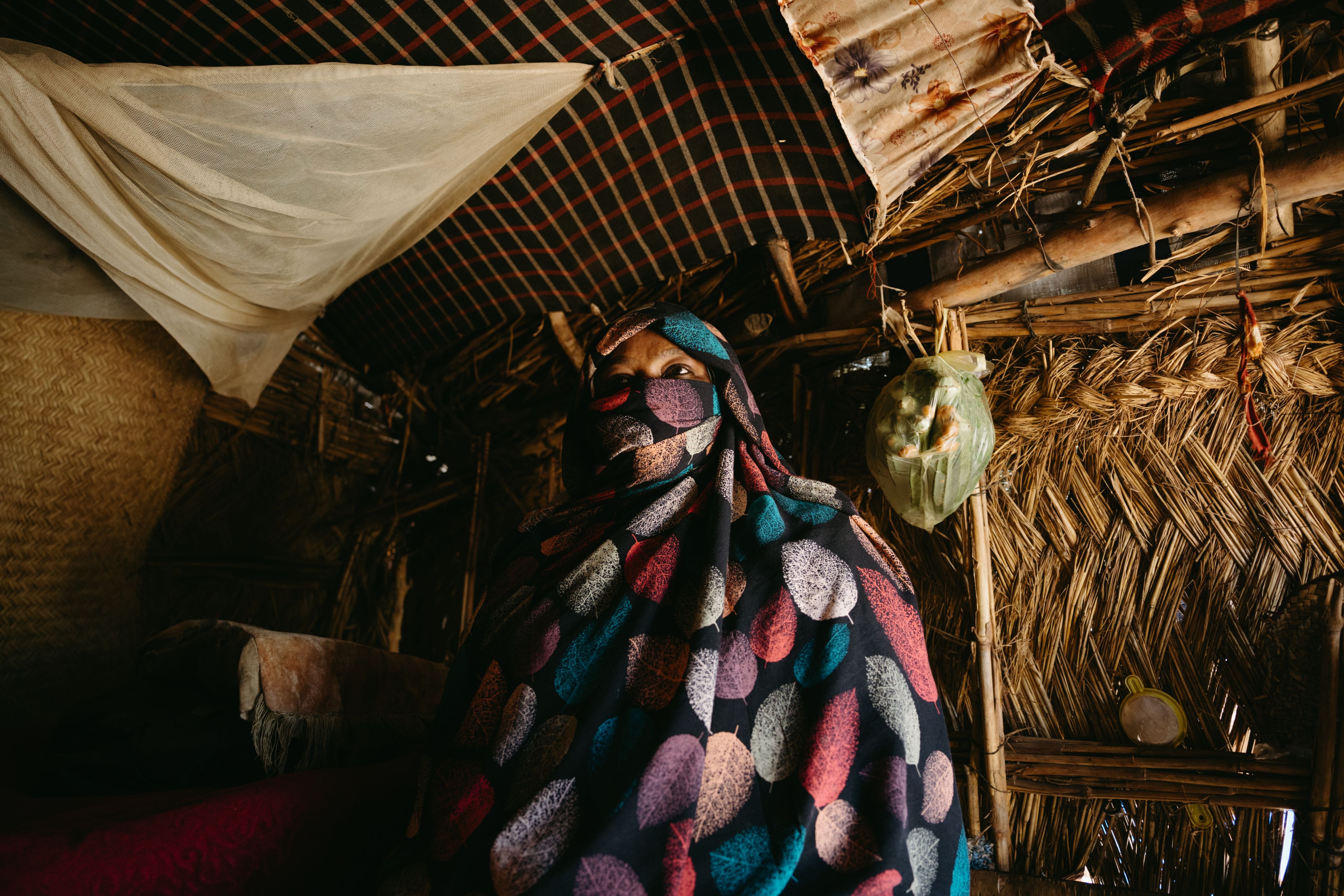
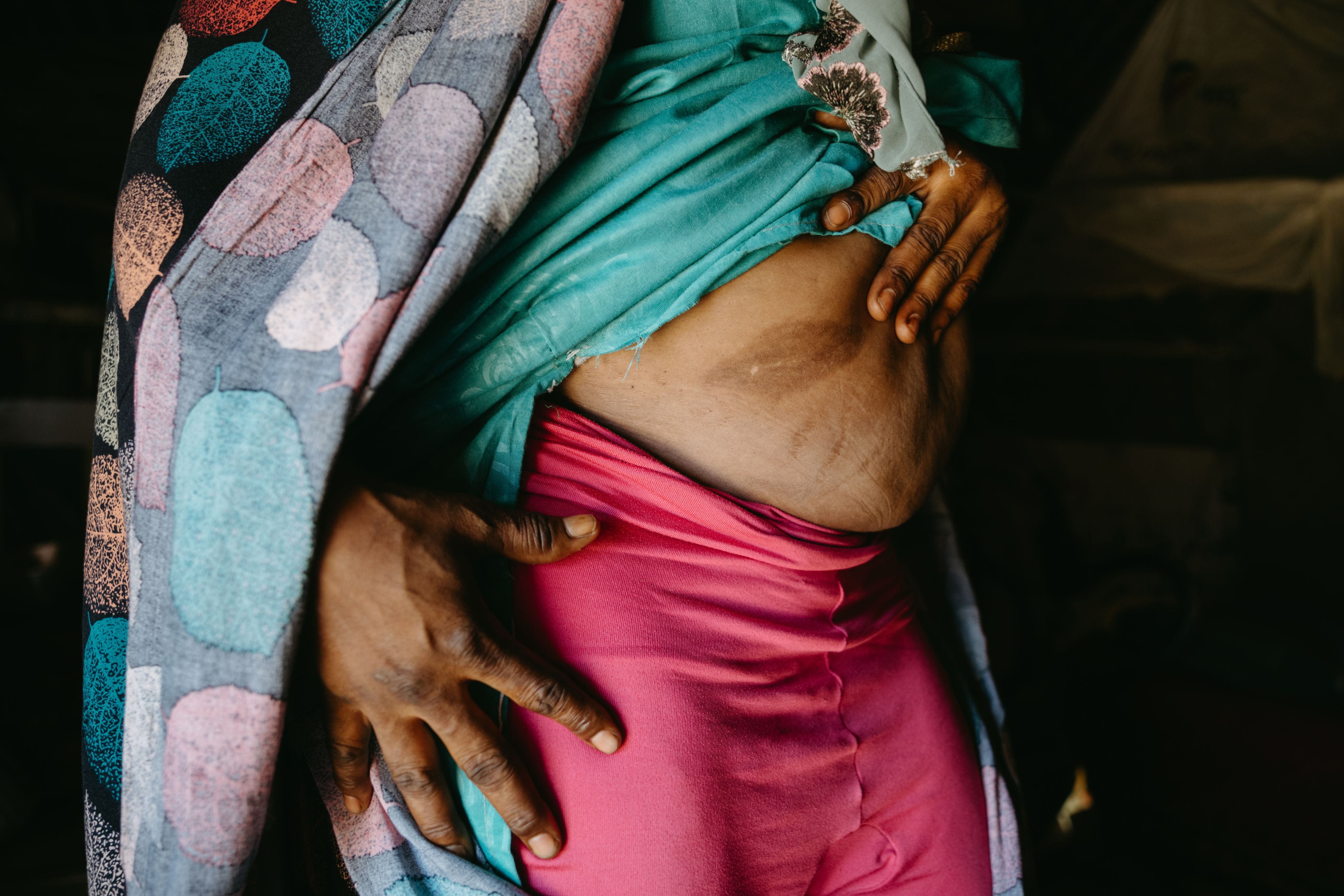
"I was in Nyala for treatment, but it was too dangerous," Samira explained.
"My family and I had no choice but to leave [Sudan]."
Sexual Violence as a Weapon of Conflict
The use of sexual violence in the Sudanese conflict is not incidental; it is a deliberate tactic employed by armed groups. Rape and sexual assault are carried out with impunity, often in public settings, to send a message of domination and control. According to UNFPA, “An estimated 6.7 million people are at risk of gender-based violence in Sudan, with displaced, refugee and migrant women and girls particularly vulnerable.” Women are not just casualties of war; they are the means through which fear and terror are instilled in their communities.
"Sexual violence has been widely used to terrorise women and girls," said Elena Kloppmann, Senior Program Officer with World Vision Chad, who has met extensively with survivors of sexual violence in the region. "No woman is safe. If a woman hasn’t experienced the violence themselves, they have at least witnessed it. Women are targeted not only for their ethnic identity but also for their perceived role in society as mothers, sisters, and daughters."
Many of the women who fled Sudan after experiencing sexual violence have found themselves pregnant and in need of urgent pre natal care when arriving at the camps.
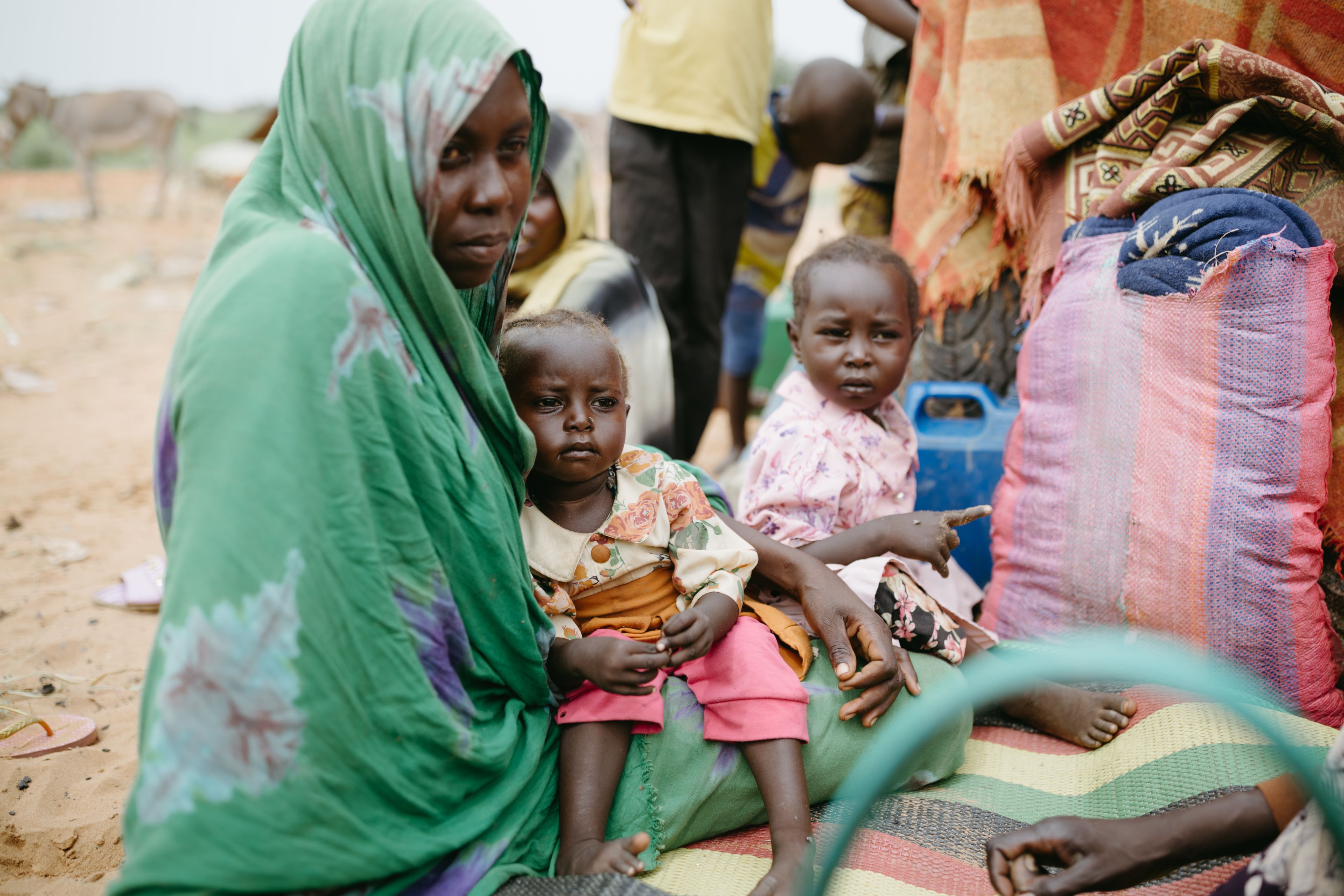
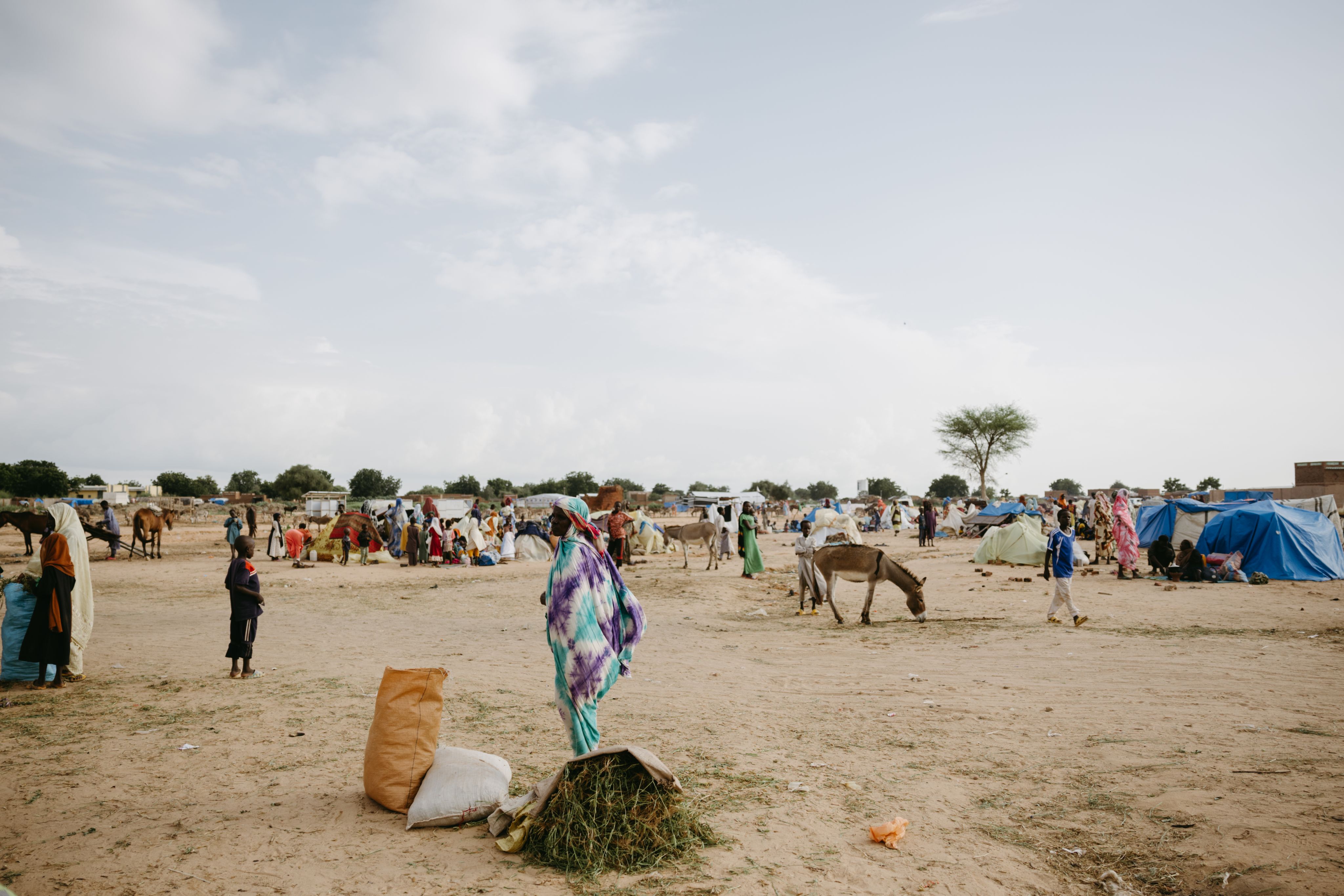
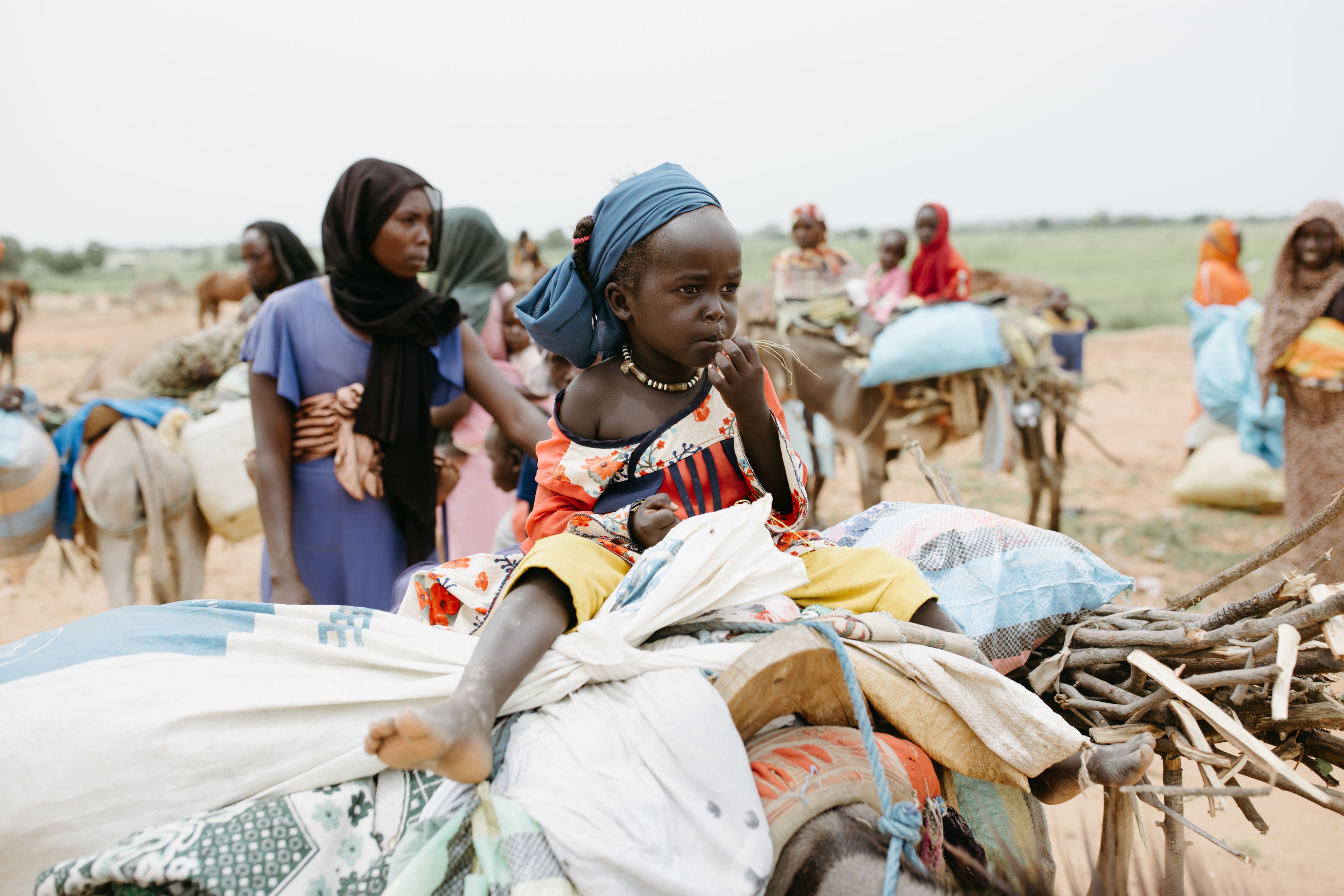
Fatima*, a 16-year-old girl who is a refugee in Metché camp, was attending school in Geneina, Sudan, before violence shattered her world.
"We were happy; we were safe," she recalls, her voice calm but heavy with the weight of memory. That peace was violently interrupted when attackers destroyed her home, looting belongings and killing those who tried to fight back, including her father. Her family left with nothing but the clothes on their backs and fled to neighboring Chad in search of refuge.
In the chaos of fleeing her attackers, Fatima, was assaulted. "I was raped, and I became pregnant," she says with a blank expression and eery calmness in her voice.
By the time she arrived in Chad, Fatima’s belly was already visible—another painful reminder of the assault she had survived. She had no medical support, no safe space to heal and no options but to continue the journey forward.
Fatima says, "I am grateful to be here, but I still carry the pain of what happened in Sudan."
In Chad's refugee camps, where thousands of Sudanese refugees have sought shelter, young women are experiencing the end of their childhood and the beginning of a new, uncertain reality of motherhood.
*Names changed to protect the identity of the survivors.
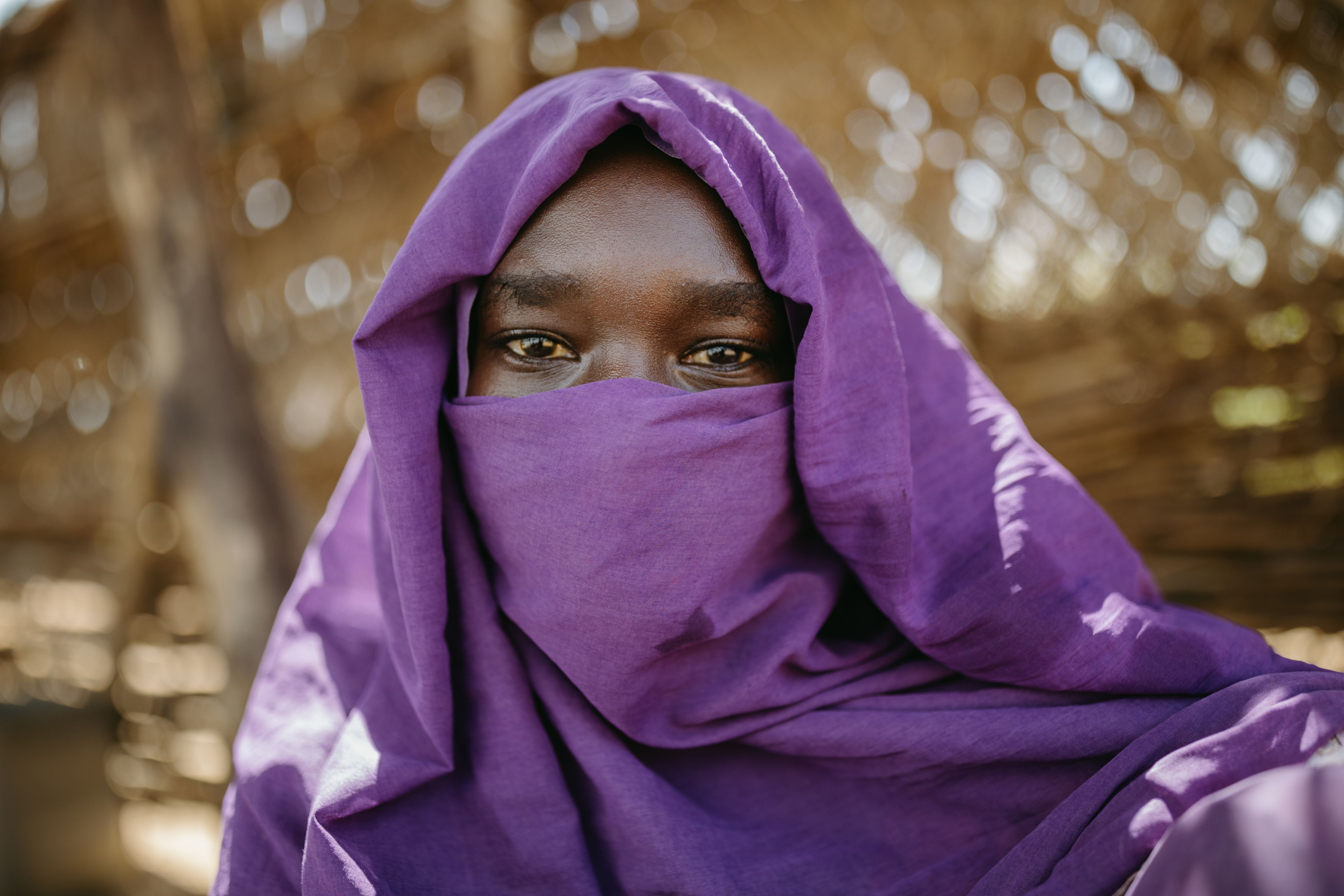
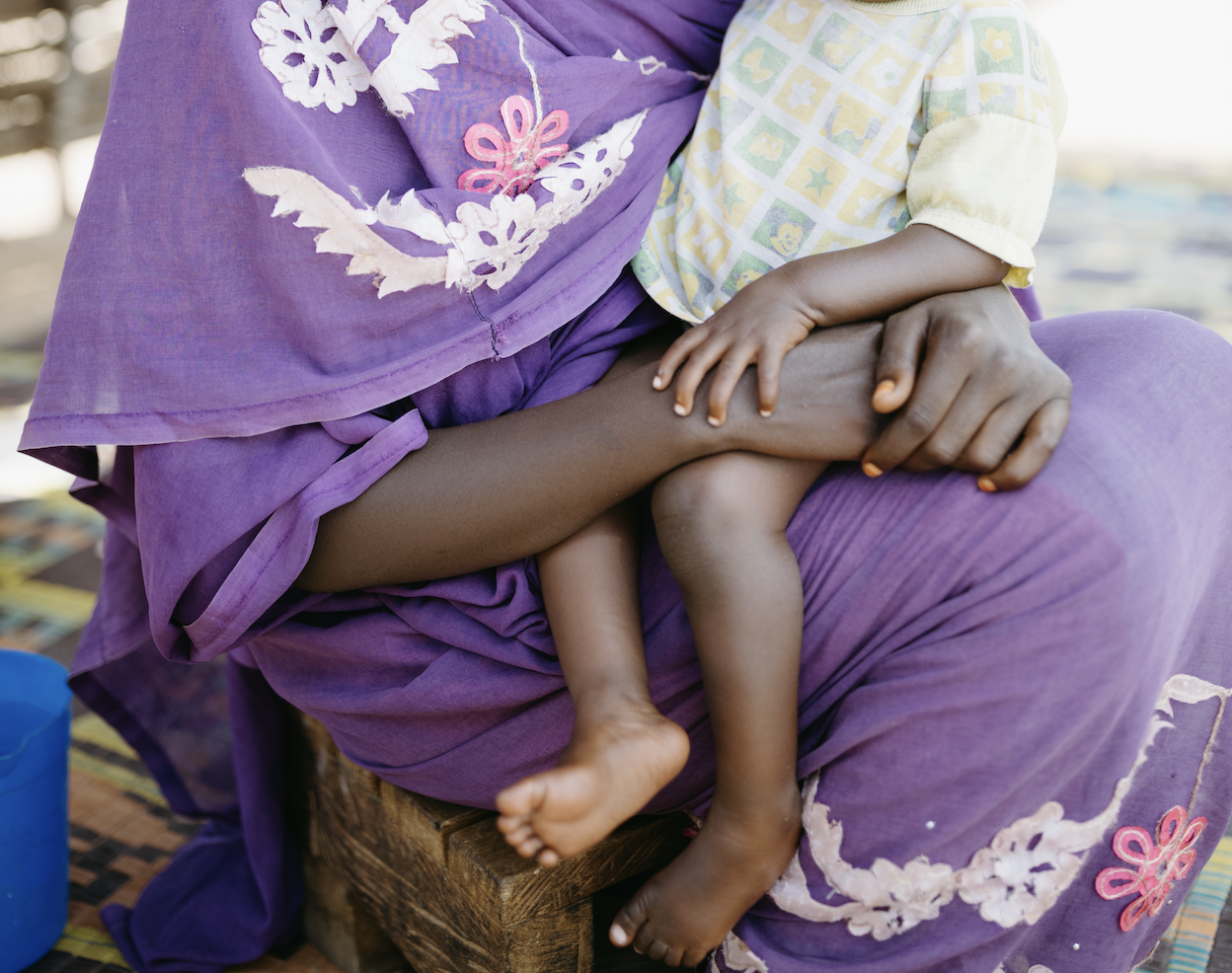
Fleeing to Chad: A Lifeline Amid Uncertainty
Chad, a country already grappling with its own challenges, has become a lifeline for Sudanese refugees. Over 700,000 refugees from Sudan have sought sanctuary in Chad since the conflict began, with the majority being women and children.
The refugee camps in Chad are overcrowded and lack sufficient resources, but they provide at least a semblance of safety. Women like Samira and girls like Fatima are finding some reprieve here, though their pain is far from over. Transitioning to a refugee camp comes with challenges, including the struggle for access to food, medical care, and security. Many women and girls have been raped or traumatised in ways that require extensive support, but the camps are ill-equipped to meet their needs.
Despite the grim reality of life in these camps, some women have begun to rebuild their lives. Samira's son, separated from her during the early days of the conflict, finally arrived in Chad from Sudan after months of struggle. But for women like her, even small victories can feel hollow in the face of such immense loss and suffering.
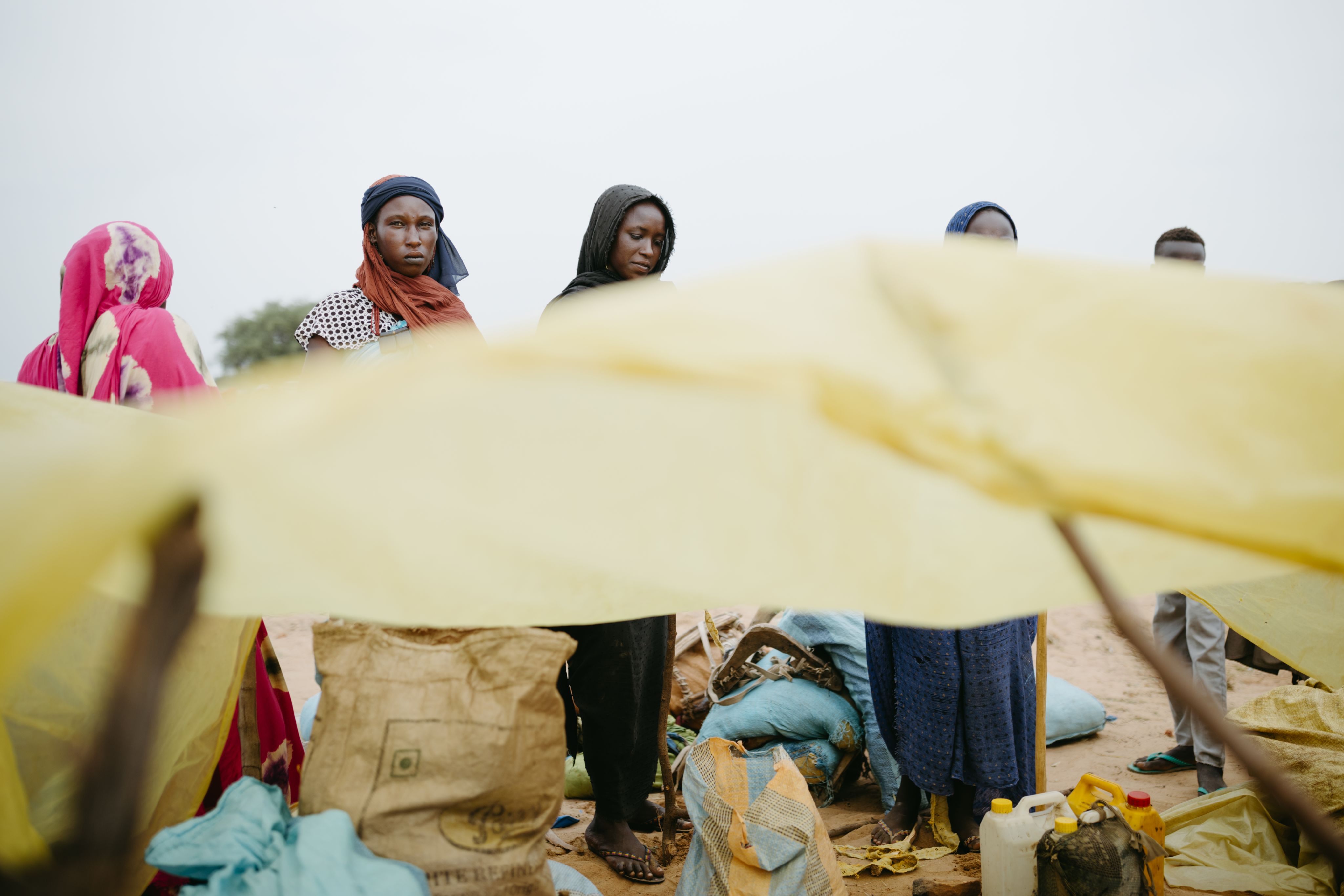
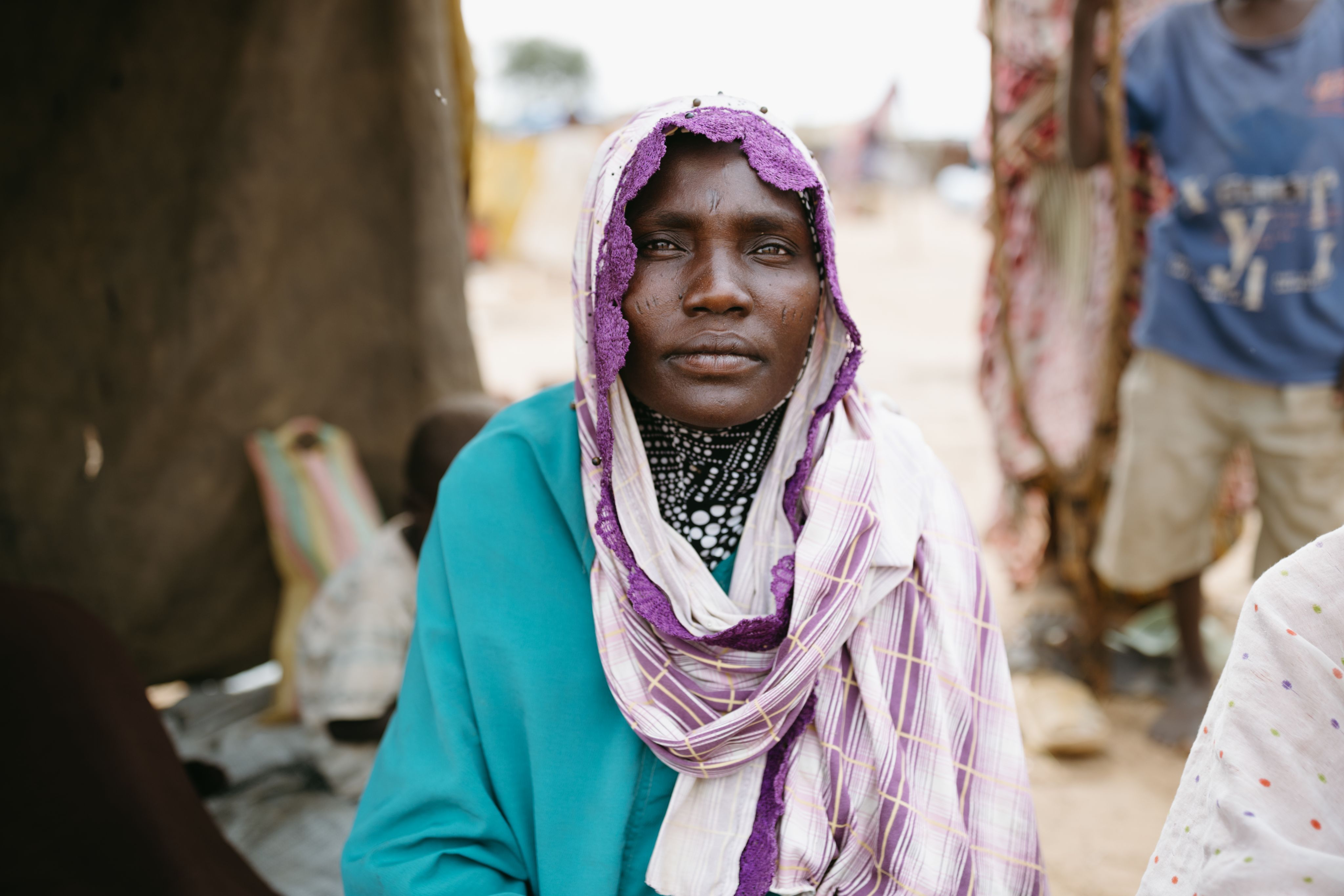
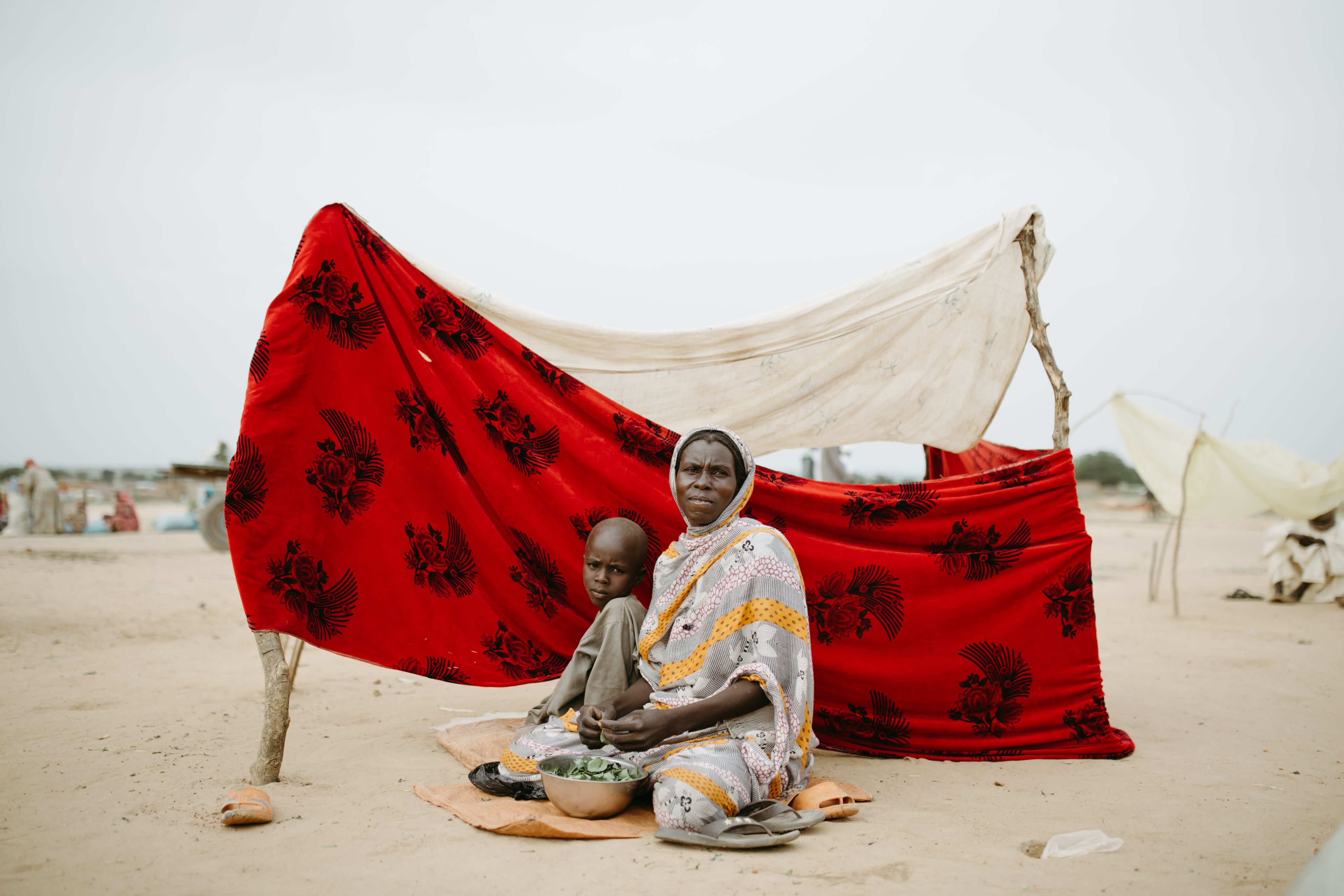
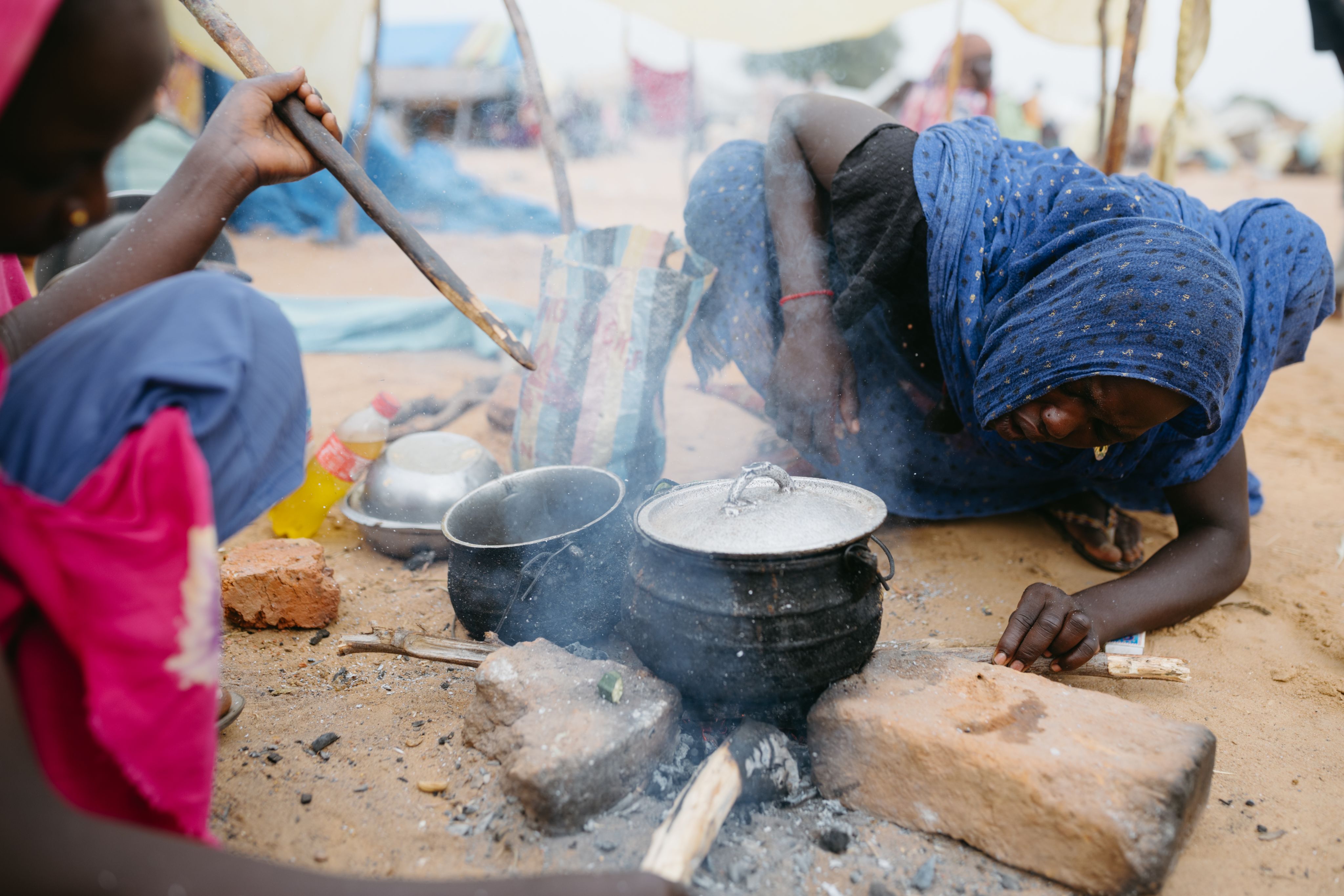
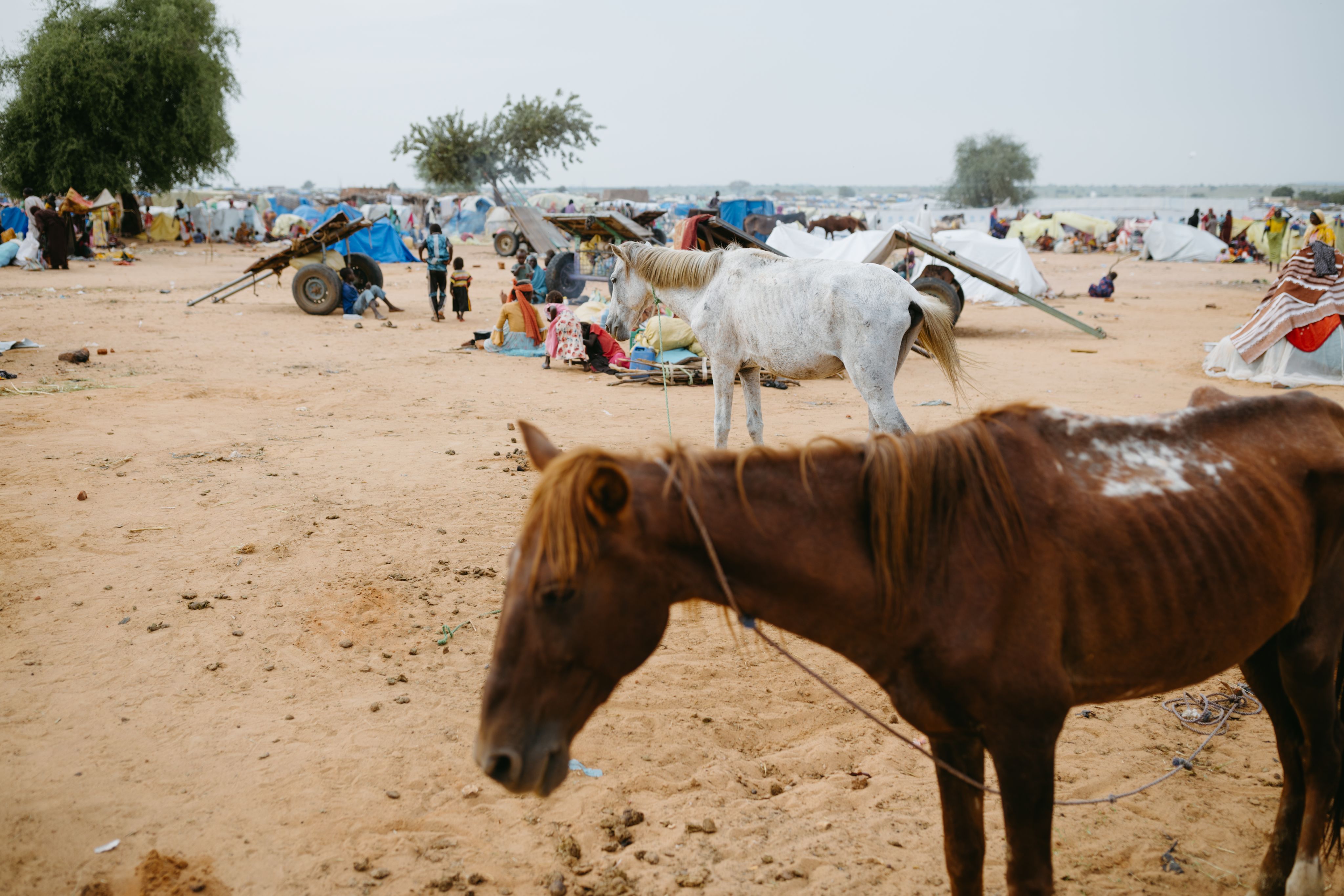
The International Response: A Call for Action
The international community's response to the crisis in Sudan has been slow and fragmented, with aid agencies struggling to provide adequate support for the growing number of refugees. Humanitarian organisations have called for increased resources to address the specific needs of women, particularly survivors of sexual violence. However, the scale of the crisis far outstrips the current capacity of aid efforts.
Fatima reiterated, "I hope that all the international organisations support us so that what has happened is never repeated."
For Fatima and Samira, and countless other women and girls displaced by the war in Sudan, the path to healing and justice is a long and uncertain one. But one thing is clear: We must not ignore the violence they have experienced and continue to experience. Their voices and their stories demand to be heard.
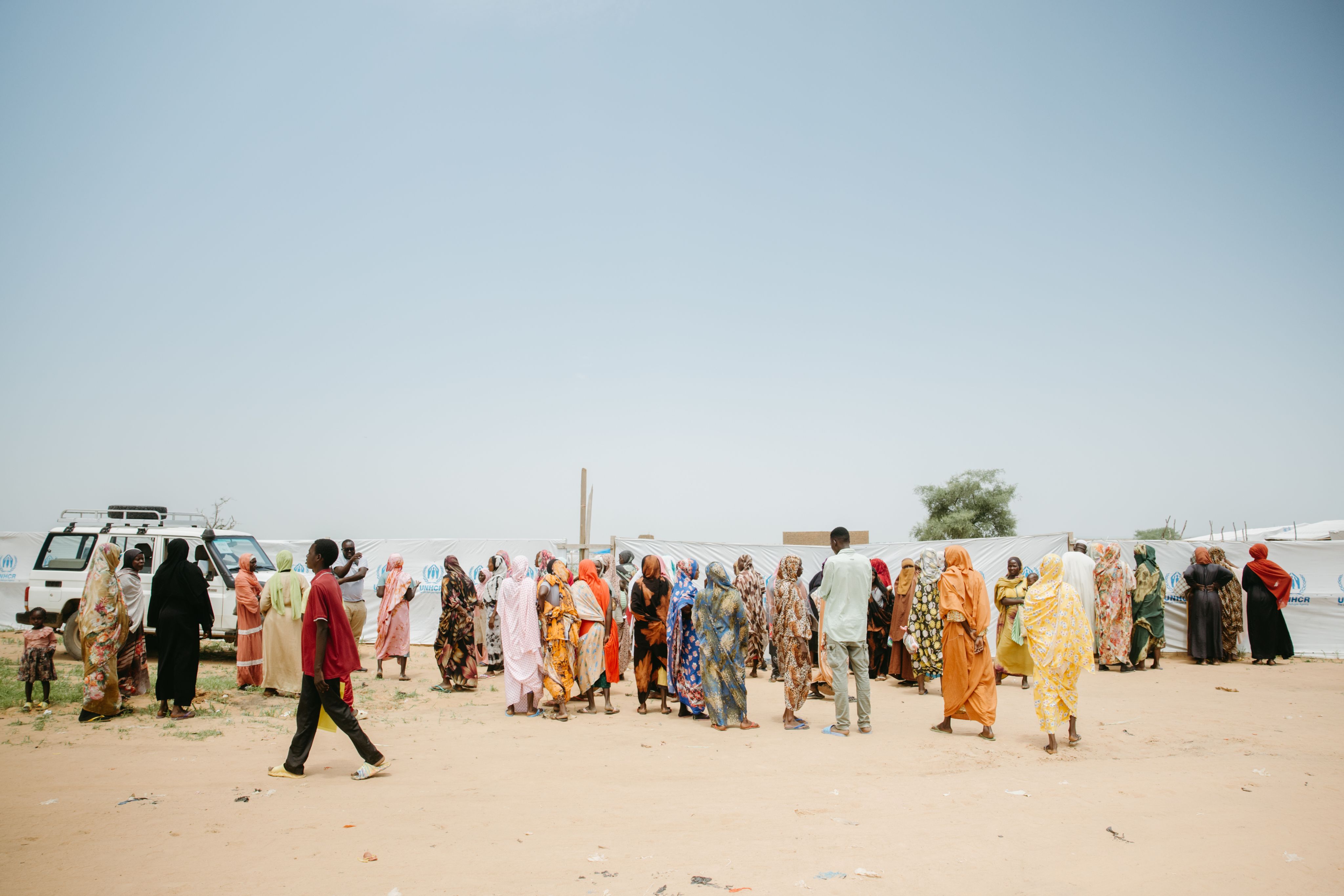
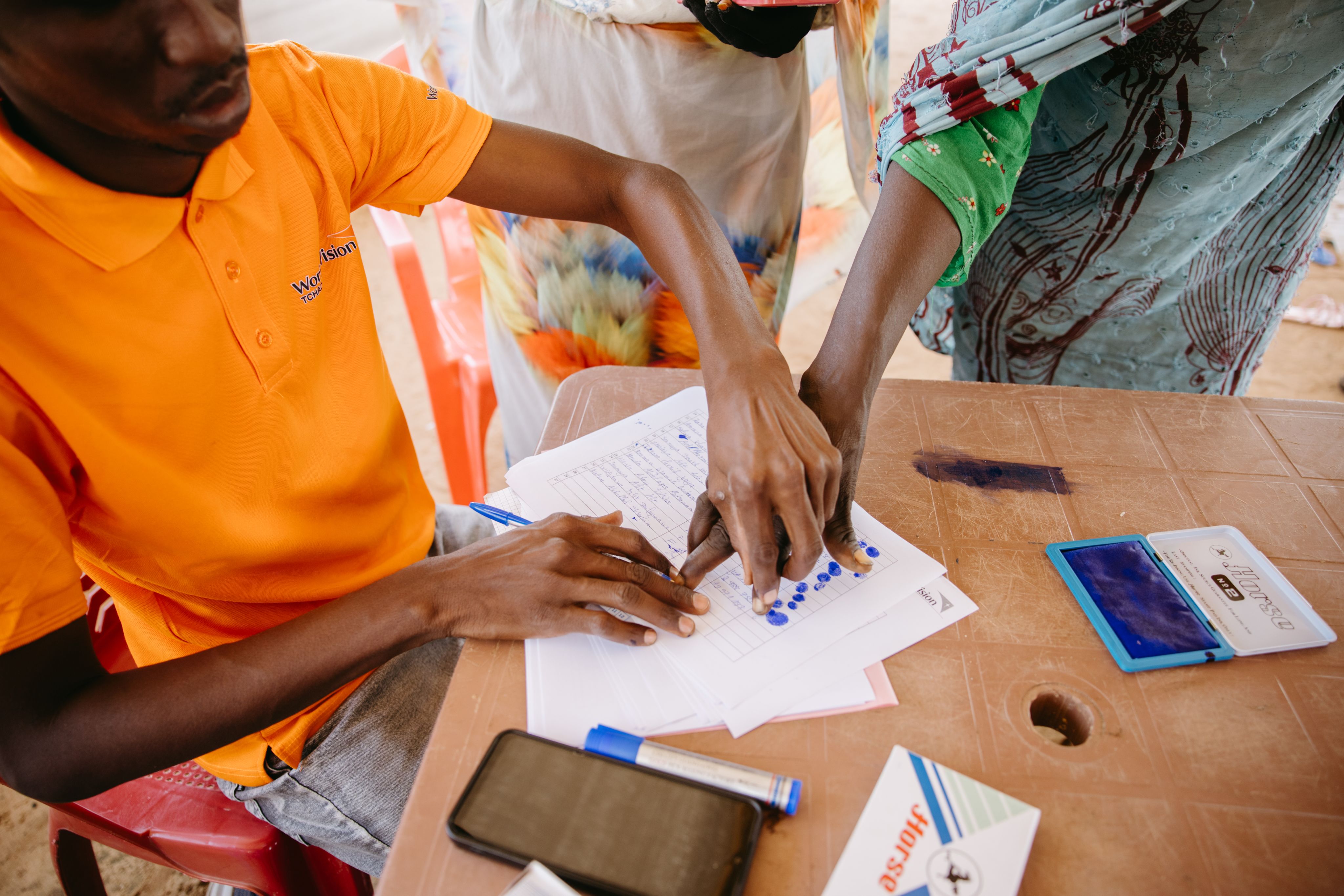
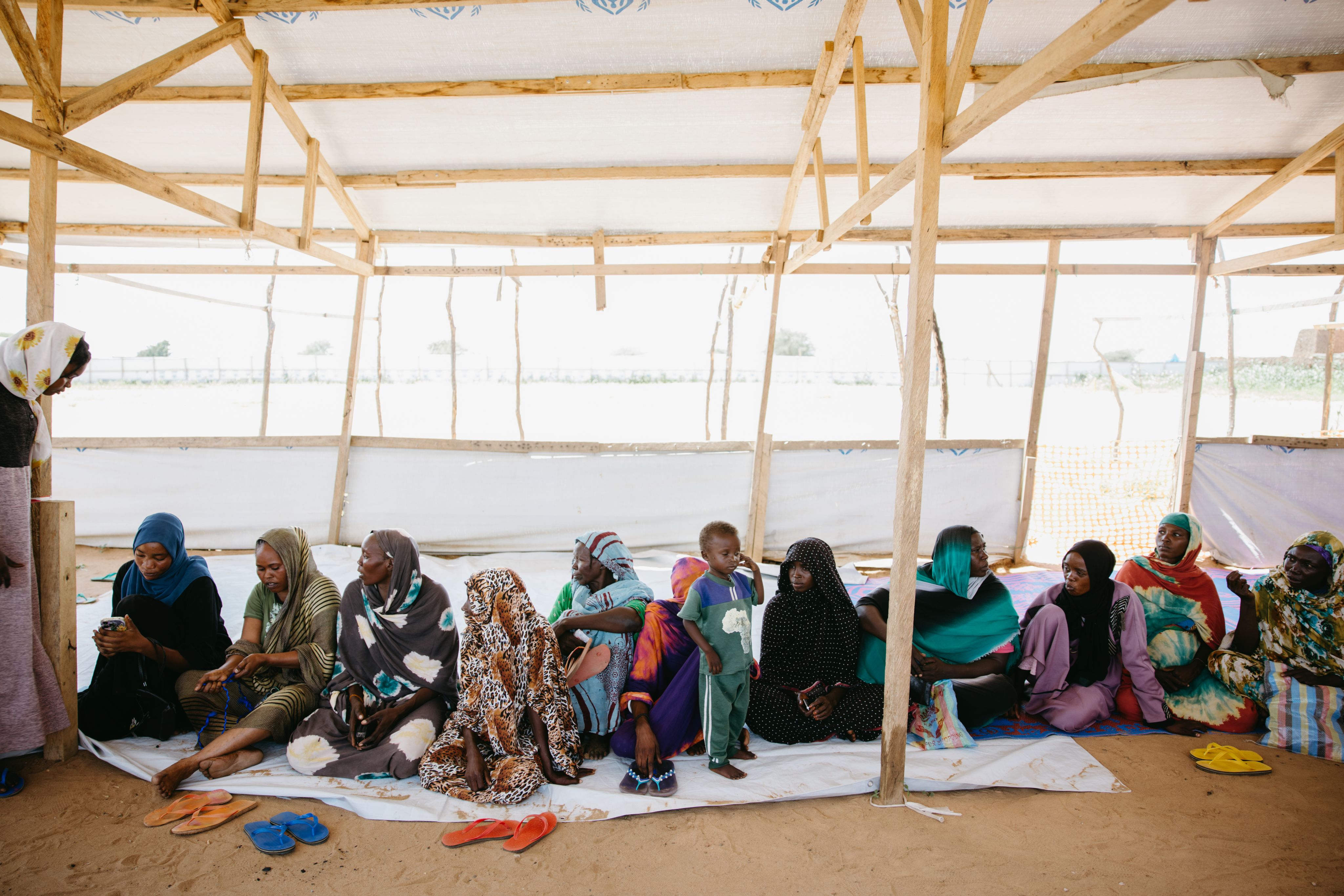
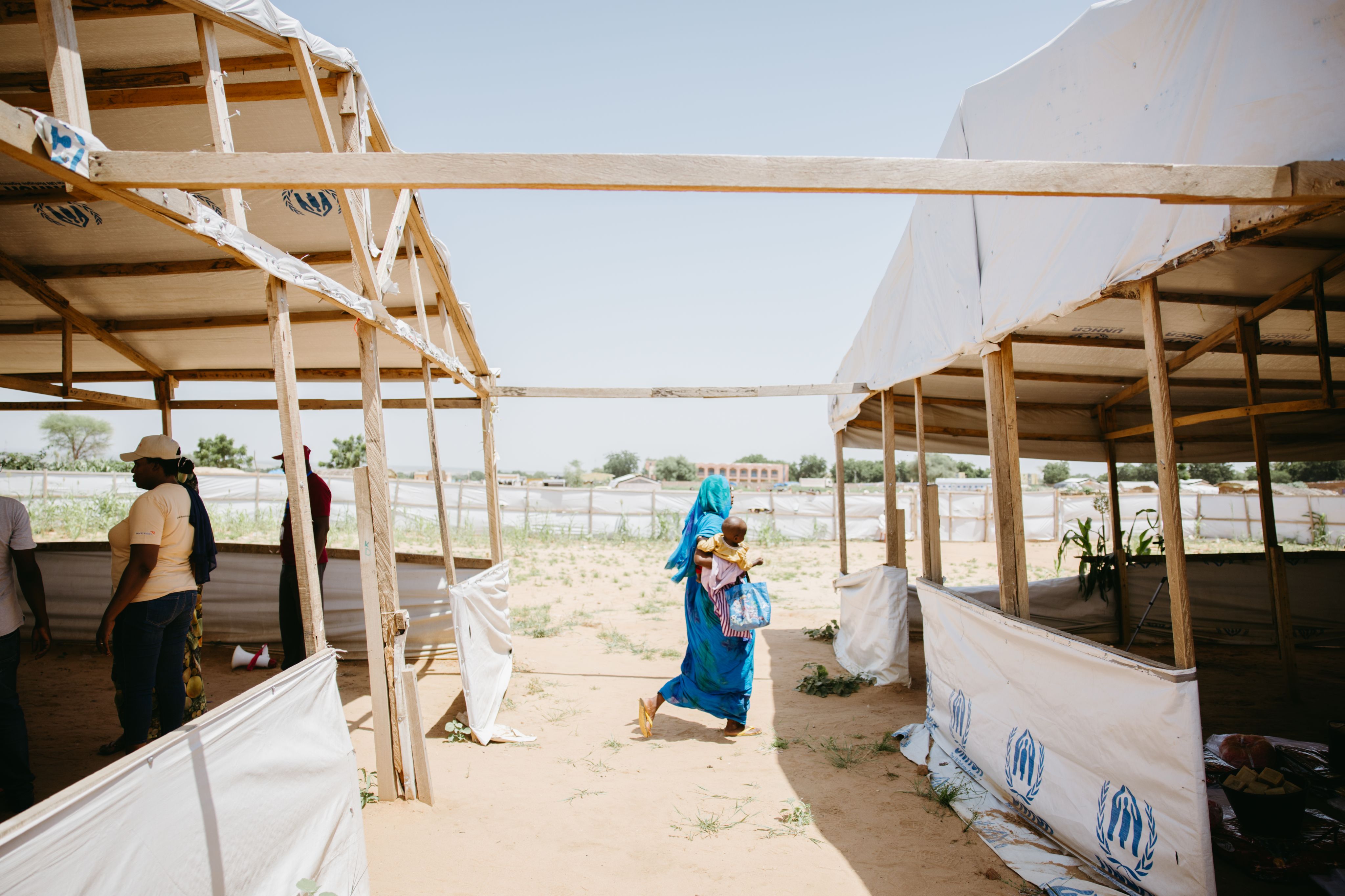
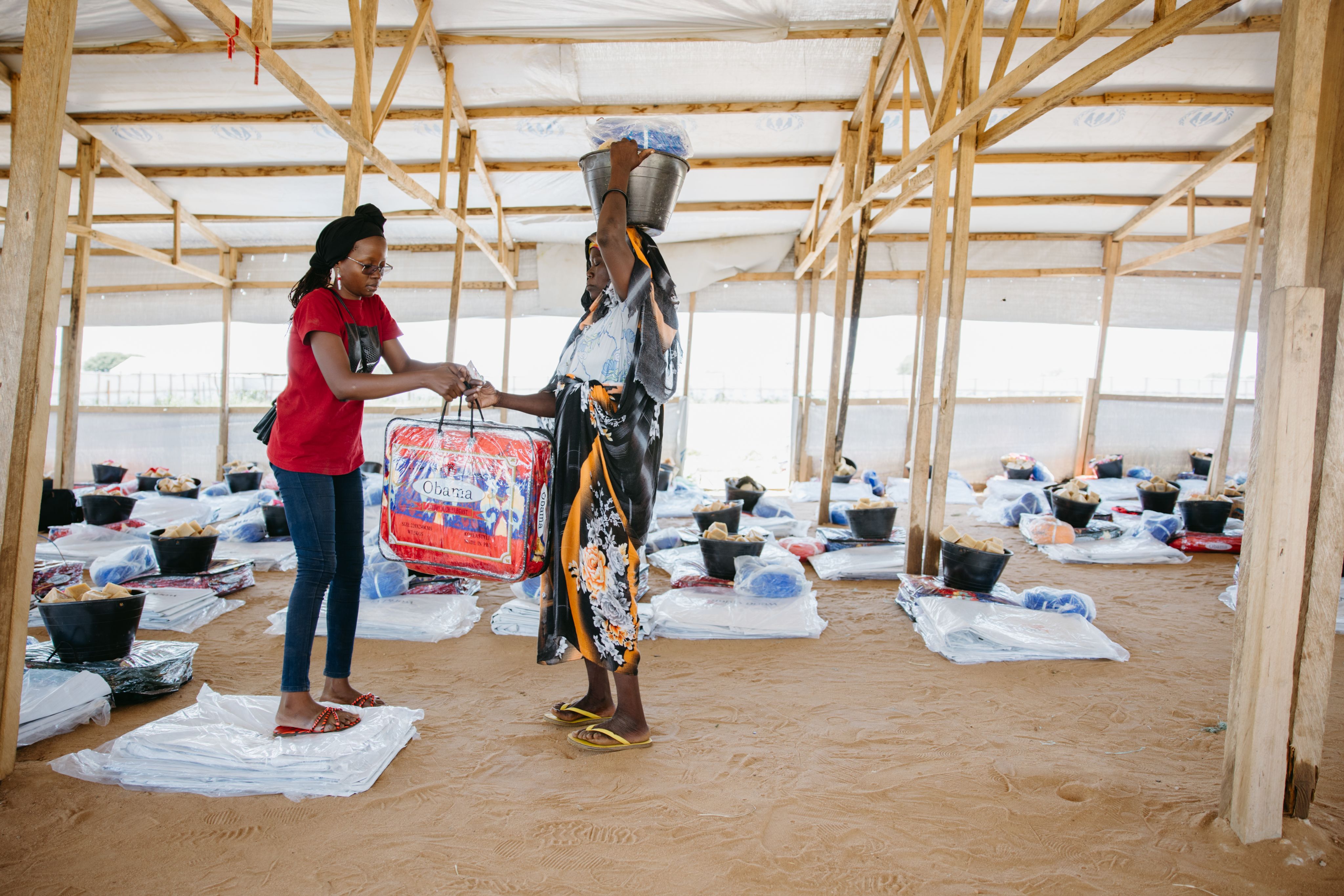
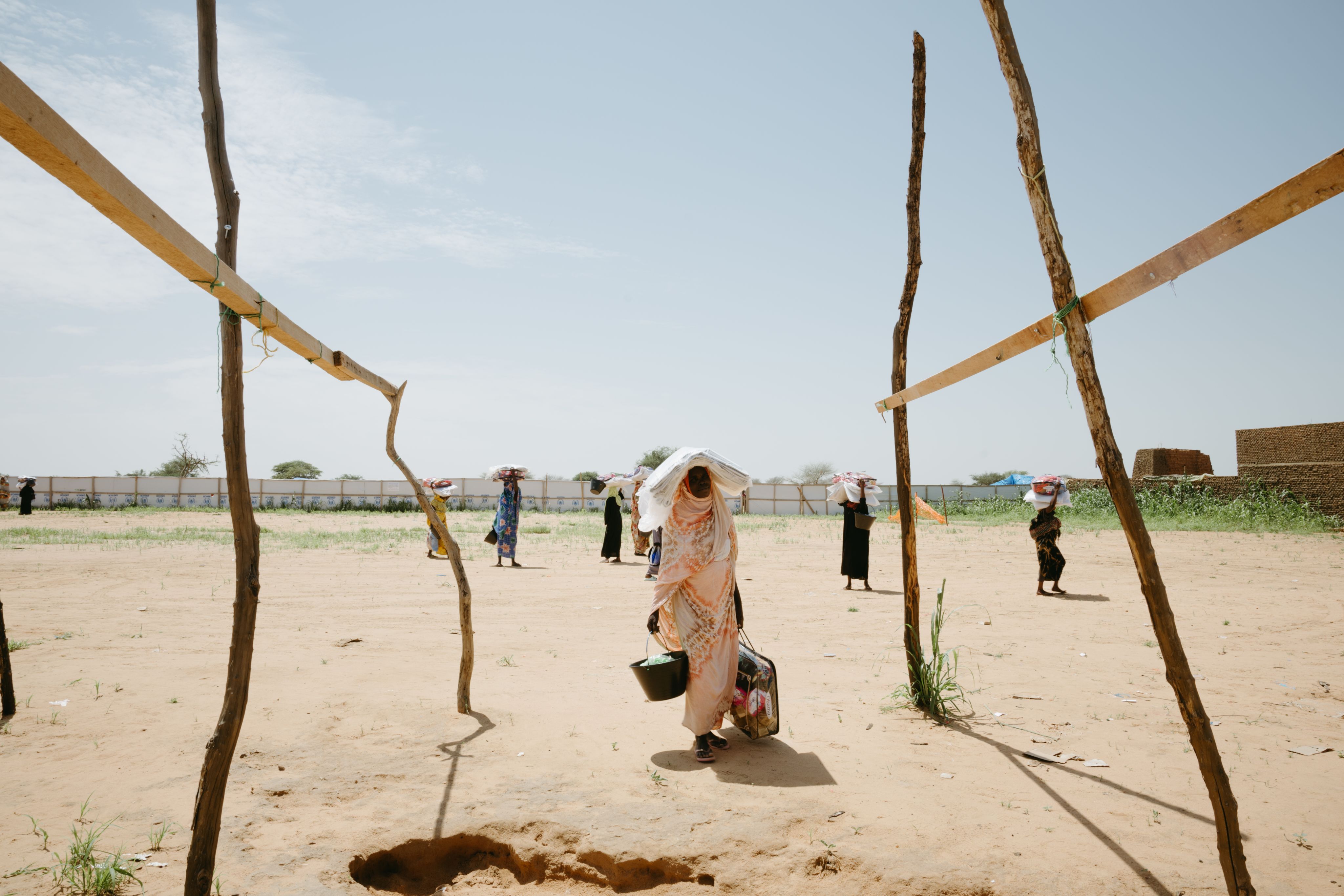
How is World Vision helping?
"In my experience, I’ve witnessed the life-changing work that World Vision has done for thousands of women and children who have endured the horrors of the conflict in Sudan," says the World Vision National Director, Edouard Ngoy, in Chad. "Our efforts are helping to strengthen protection against violence and emphasize the need for more resources to expand these programs in both refugee and host communities."
World Vision is actively supporting Sudanese survivors of gender-based violence who have fled to neighboring countries, offering a range of specialized programs designed to provide immediate assistance, long-term recovery, and protection.
In refugee settlements like those in Adré, the organization provides essential services, including safe spaces for women and girls where they can receive counseling, legal support, and medical care. They also run awareness campaigns to prevent gender-based violence, educating communities about rights, gender equality and available resources.
Additionally, World Vision works closely with local and international partners to strengthen child protection systems and provide psychosocial support to survivors, helping them rebuild their lives. By offering these vital services and fostering a community-wide approach to tackling gender-based violence, World Vision is helping to create safer, more supportive environments for vulnerable Sudanese refugees in Chad.
